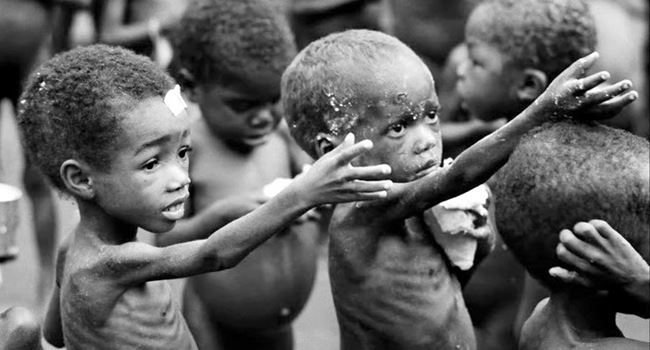Nigeria is facing a severe malnutrition crisis, ranking second globally and first in Africa. According to Uju Anwukah, Senior Special Assistant to the President on Public Health, the country’s malnutrition crisis is dire. According to her, the crisis is further exacerbated by post-harvest losses, which is estimated at $2 billion yearly. She said the loss is higher than the combined nutrition budget of key ministries. That is why Chike Okafor, Chairman of the House Committee on Food and Nutrition, emphasised the need for strategic capacity building, stating, “This continued loss is not only unacceptable, but unsustainable given the austere times in which we currently live.”
Malnutrition costs Nigeria approximately $1.5 billion annually, while inaction would cost around $56 billion, or 12.2% of the country’s Gross National Income. To address the issue, the committee is undertaking capacity building sessions to better understand nutrition and food security challenges.
“We are undertaking strategic capacity building sessions to have a better understanding of the root and dynamics of current nutrition and food security challenges in Nigeria,” Okafor said. The committee is working with states and development partners to institutionalise capacity building sessions, ensuring effective oversight of nutrition interventions.
Nigeria has also signed up for the N-774 initiative to address malnutrition from the grassroots level, endorsed by the National Council on Food Security and the Nigerian Governors Forum.

